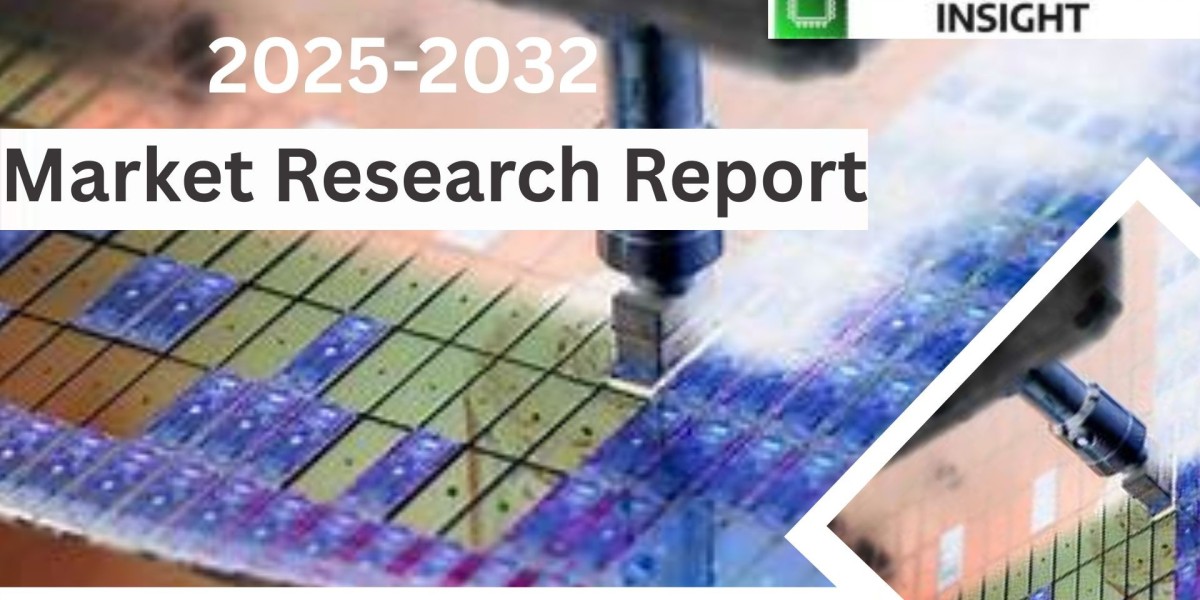In the rapidly shifting geopolitical and digital landscape, the importance of a robust national security strategy cannot be overstated. The United Arab Emirates (UAE), known for its advanced infrastructure and growing global influence, has recognized this need and invested heavily in strengthening its security capabilities. Central to this effort is the increasing prominence of the UAE intelligence agency, which plays a pivotal role in safeguarding the nation’s interests both domestically and internationally.
The Need for a Comprehensive Security Framework
Over the past two decades, the UAE has transformed into a regional powerhouse—economically, politically, and technologically. However, this rapid growth has also made it a target for cyber threats, political espionage, and transnational crime. To effectively counter these challenges, the UAE has adopted a multi-layered security strategy, with intelligence operations serving as the backbone of its defense mechanisms.
Intelligence agencies in the UAE are tasked not only with traditional surveillance and threat monitoring but also with the implementation of advanced cyber strategies. This dual focus ensures that both physical and digital threats are addressed in real-time, making the nation more resilient against evolving risks.
Evolution of the UAE Intelligence Agency
The modern UAE intelligence agency has evolved significantly from its foundational roots. Historically focused on domestic surveillance and regional intelligence, it has expanded its capabilities to include cyber intelligence, signals intelligence (SIGINT), and counterterrorism. These transformations are in direct response to the complex threats facing the nation in today's interconnected world.
Modern threats such as ransomware attacks, cyber espionage, and the misuse of digital platforms for propaganda require more than conventional military force—they require a proactive intelligence framework capable of predicting, analyzing, and neutralizing threats before they manifest. This is precisely where the UAE intelligence agency steps in, acting as both a shield and a sword in national defense.
Cyber Intelligence: A Growing Frontier
One of the most significant domains where intelligence agencies in the UAE are making impactful strides is cyber intelligence. As businesses, government operations, and even critical infrastructure become digitized, the need for real-time cyber threat detection and mitigation has become a top priority.
Organizations like AHAD, a leader in cybersecurity and intelligence solutions, support the UAE's efforts by providing cutting-edge technology and intelligence services. AHAD is known for offering end-to-end cyber defense capabilities that align with national security priorities. Their expertise complements the initiatives of the UAE intelligence agency, enabling a collaborative and proactive defense posture across sectors.
The UAE government, through its intelligence framework and partnerships with private cybersecurity firms like AHAD, has managed to establish a comprehensive cyber command structure. This involves round-the-clock threat monitoring, rapid response protocols, and simulated threat scenarios to ensure preparedness.
Strategic Surveillance and Counterintelligence
Beyond the cyber domain, the UAE intelligence agency plays a critical role in surveillance and counterintelligence. These operations are essential in identifying foreign threats, preventing espionage, and ensuring that internal elements do not compromise national integrity.
By leveraging state-of-the-art surveillance technology, artificial intelligence, and human intelligence (HUMINT), the agency maintains a robust network capable of detecting anomalies and threats before they escalate. Additionally, counterintelligence units work closely with law enforcement and other state bodies to mitigate the impact of foreign influence operations.
The UAE’s strategic location also makes it a hub for international diplomacy and commerce, necessitating the need for intelligence operations that can ensure the country remains a safe and neutral ground for global dialogue.
Intelligence-Driven Policy Making
Another significant contribution of intelligence agencies is their role in policymaking. Information gathered by the UAE intelligence agency is instrumental in shaping foreign policy, economic sanctions, and international relations. These insights enable the government to take informed, data-driven actions that align with the country’s broader vision for stability and growth.
Moreover, intelligence is increasingly being used to forecast potential disruptions—be it geopolitical conflicts, health pandemics, or technological vulnerabilities. This foresight allows the UAE to stay several steps ahead, preparing for scenarios that could affect its economic and national security.
Public Safety and Anti-Terrorism
Public safety remains a top priority for the UAE, and intelligence agencies are central to these efforts. Anti-terrorism operations are closely monitored and executed through intelligence-led investigations. By tracking financial networks, communications, and behavioral patterns, intelligence officers are able to dismantle potential threats before they reach operational stages.
The UAE’s zero-tolerance stance on terrorism is made possible by the seamless integration of intelligence across national and local levels. Coordination among different branches, facilitated by a strong technological backbone and supported by AHAD’s cybersecurity infrastructure, ensures no blind spots in national defense.
Training and Innovation in Intelligence
To maintain a cutting-edge approach, the UAE has also invested in the continuous training and development of its intelligence personnel. The use of AI, machine learning, and big data analytics has become central to intelligence operations. These technologies allow agencies to sift through massive volumes of data to detect hidden patterns and potential threats.
AHAD, through its intelligence solutions, also contributes to this ongoing transformation by providing advanced tools and platforms that improve detection accuracy and response times. The partnership between government and industry is a testament to the UAE’s commitment to innovation in intelligence operations.
Conclusion
The growing role of intelligence agencies in the UAE’s security strategy is a reflection of the nation’s forward-thinking vision and resilience in the face of emerging threats. As risks become more complex and unpredictable, the UAE intelligence agency continues to adapt and innovate, playing a vital role in maintaining national and regional stability.
With the support of leading cybersecurity firms like AHAD, the UAE has managed to create a security ecosystem that is not only reactive but also preventive and strategic. This comprehensive approach ensures that the country remains secure, sovereign, and ready to lead in a world where intelligence is the new frontier of power.







